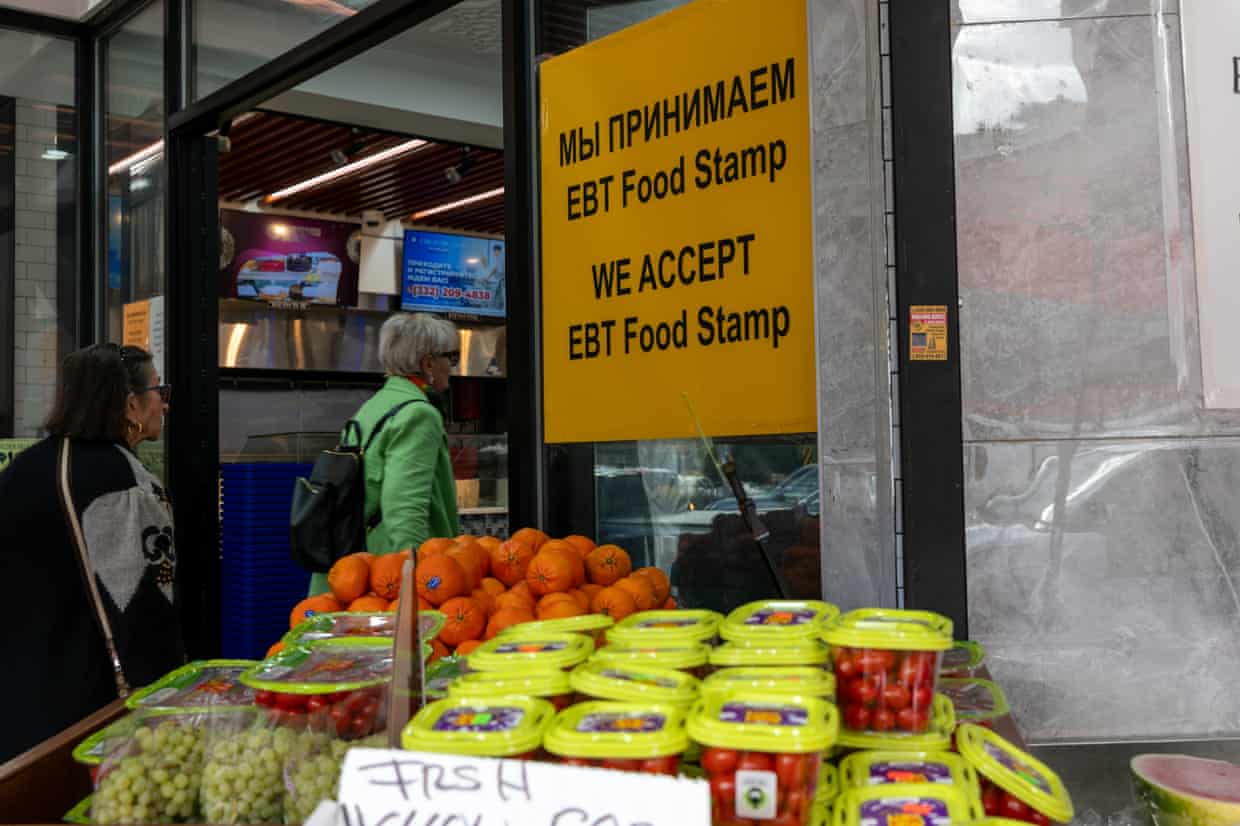Entities mentioned:
- Donald Trump: Indignation, Pride, Control
- Safeway: Professional pride, Competitive spirit
- White House: Loyalty, Duty
- Joe Biden: Competitive spirit, Legacy
Article Assessment:
Credibility Score: 25/100
Bias Rating: 55/100 (Center)
Sentiment Score: 30/100
Authoritarianism Risk: 65/100 (Authoritarian Tendencies)
Bias Analysis:
The article is clearly satirical, mocking Trump's behavior. However, it doesn't explicitly favor either political side, instead focusing on the absurdity of the situation.
Key metric: Consumer Price Index
As a social scientist, I analyze that this satirical article, while fictional, reflects ongoing tensions between Trump and the media, as well as his tendency to make exaggerated claims about his economic impact. The absurd nature of suing a grocery circular over ham prices underscores Trump's combative relationship with any perceived criticism or contradiction of his statements. The mention of Biden and grocery prices suggests continued political rivalry and attempts to contrast economic performance between administrations. This piece, though humorous, touches on real themes of media distrust, economic messaging, and political posturing that can impact public perception of consumer prices and economic health.











